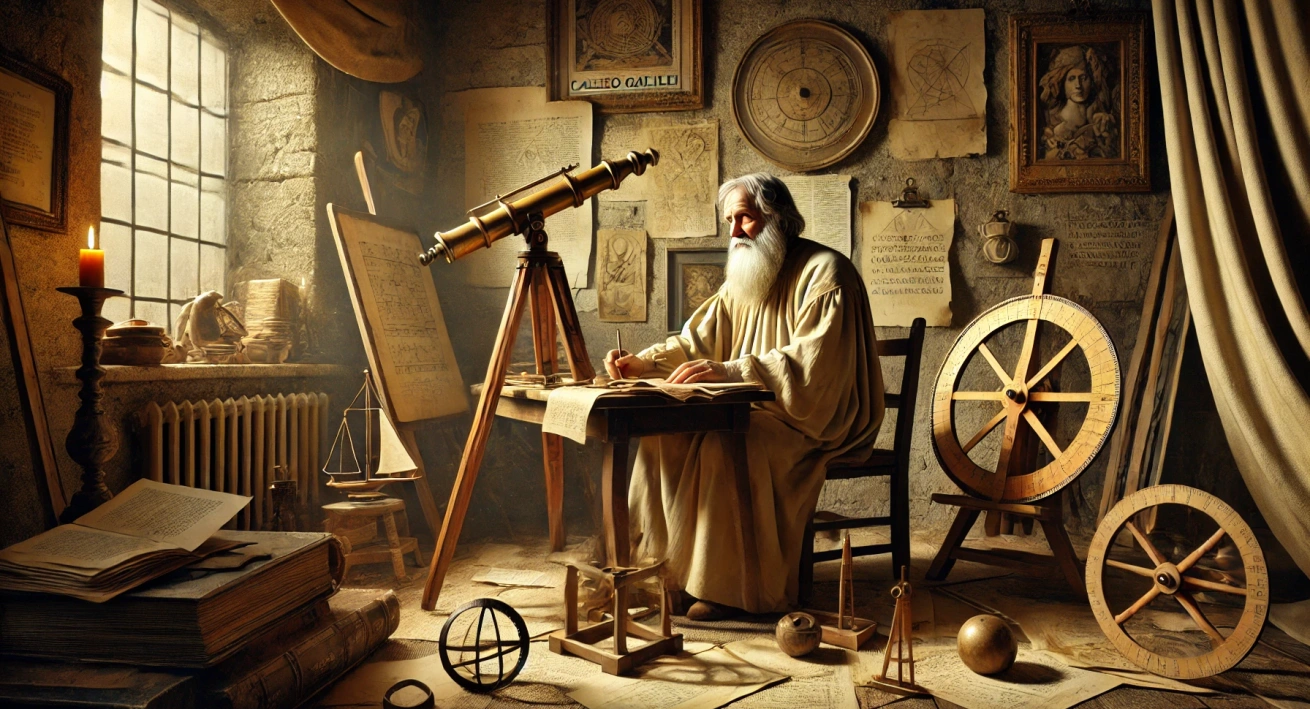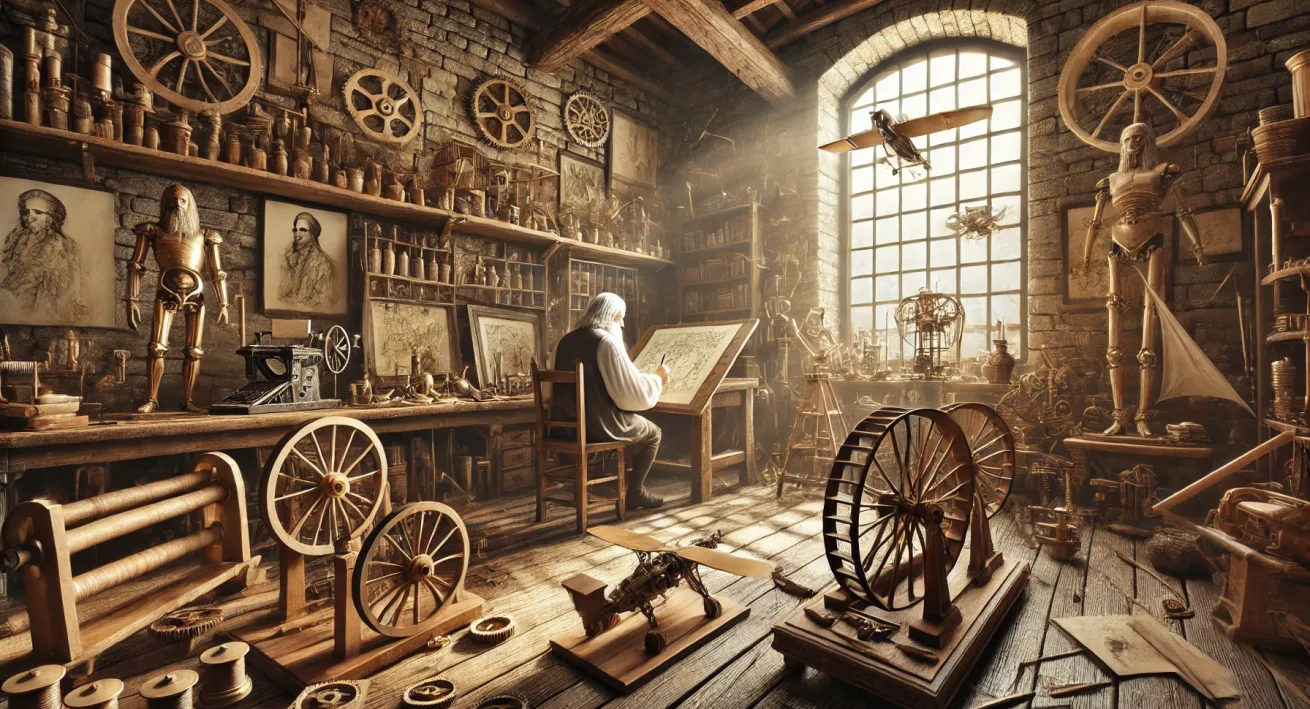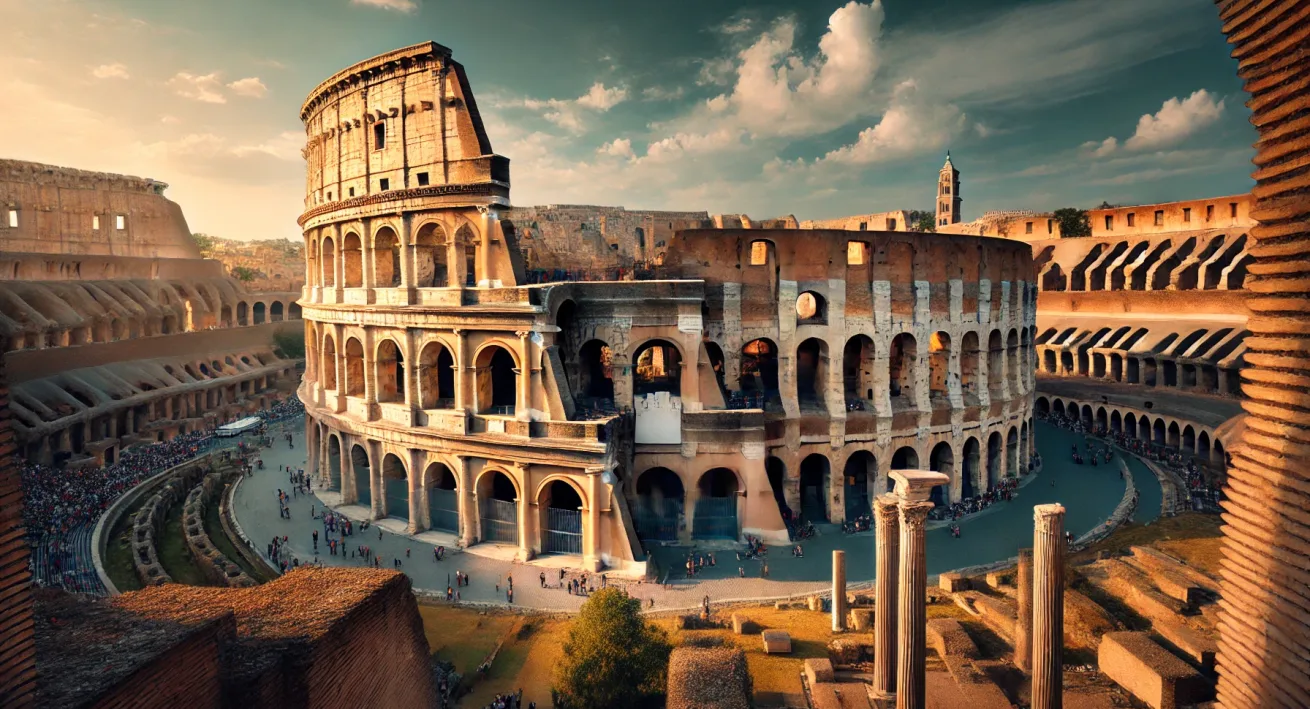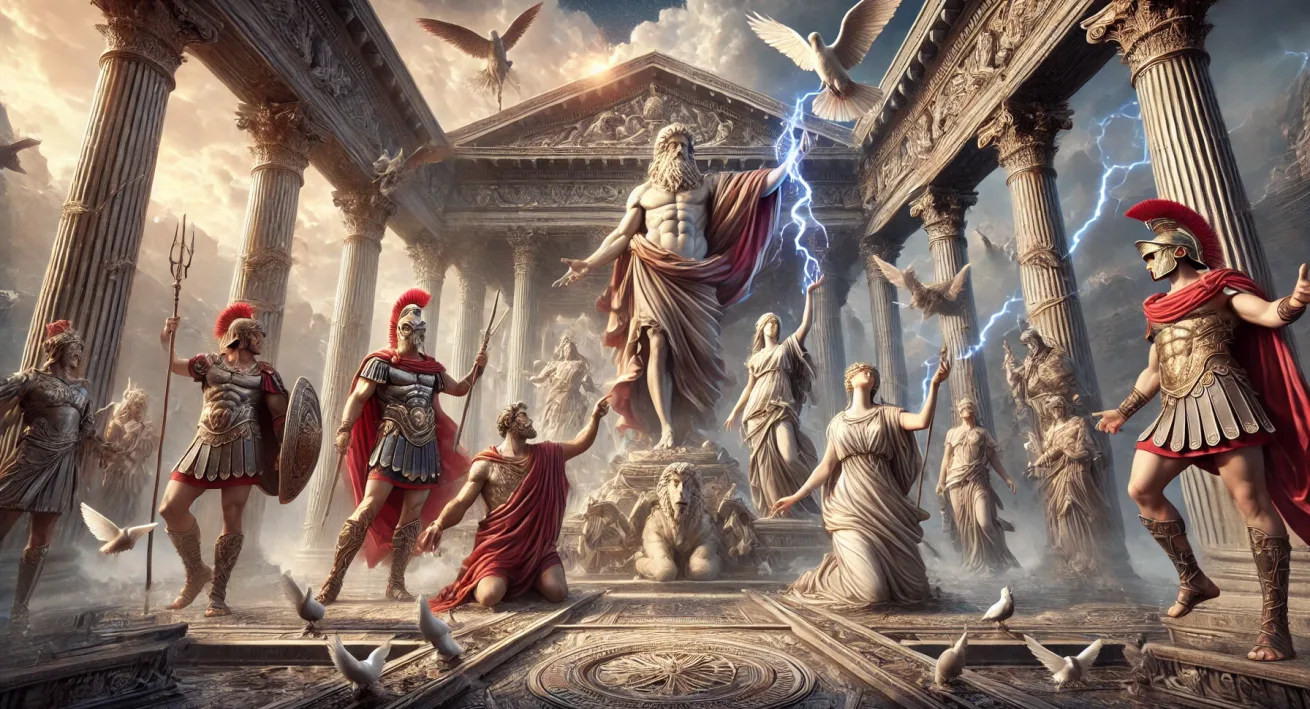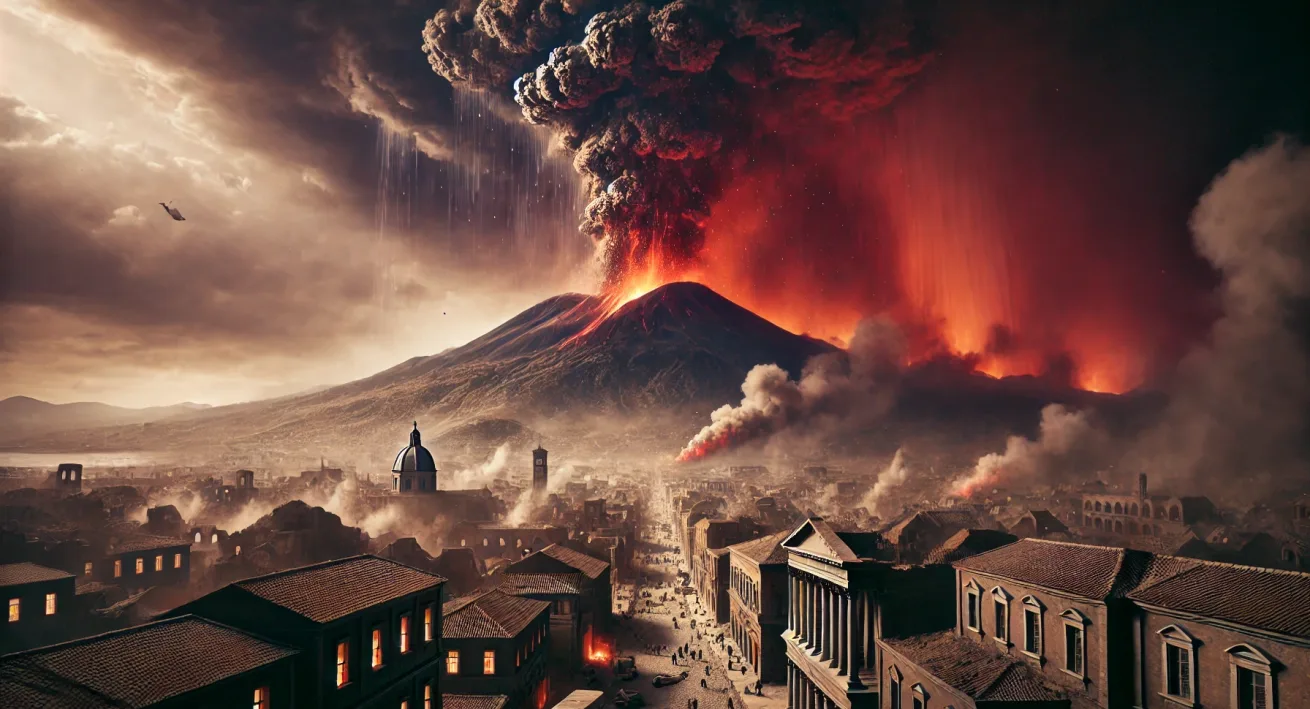Galileo Galilei, often hailed as the “father of modern science,” was an Italian polymath who revolutionized the fields of astronomy, physics, and mathematics. His contributions to mathematics, in particular, provided the foundation for the scientific revolution and reshaped how humans viewed the universe. Galileo’s work spanned many disciplines, but it was his mathematical genius that allowed him to make groundbreaking discoveries that still resonate today. His ability to blend mathematics with experimentation forever changed the course of science.
